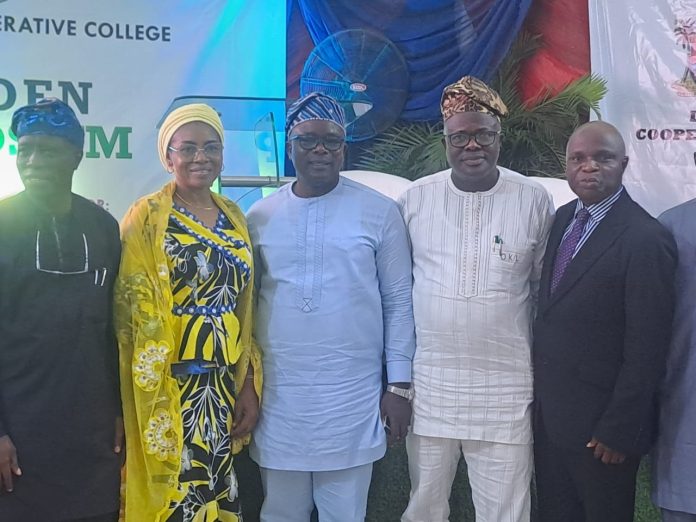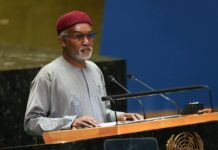Lagos backs FG’s move to liberalize, deregulate power secto
The Lagos State Government on Thursday said it was in full support of the Federal Government’s attempt at full liberalization and deregulation of the power sector.
Commissioner for Commerce, Cooperatives, Trade and Investment, Mrs. Folashade Ambrose-Medebem, said power is needed to drive and sustain economic growth in the country.
Speaking at the One-day Symposium organized by the Lagos State Cooperative College (LASCOCO), with the theme: “Venturing into Power Sector: the Electric Cooperative Model,” held in Agege area of Lagos, Ambrose-Medebem said, “Power is needed to drive and sustain economic growth and as such, the current attempt at full liberalization and deregulation of the power sector is highly welcomed.”
The commissioner, who was represented by the Director, of Cooperative Services, Mrs. Zulikat Ibrahim, argued that in developed climes, power supply is accorded so much priority with commensurate multi-sectoral investments in cost-effective power solutions to guarantee stability in supply for productive purposes.
She said she believed it is safe to infer that the extant regulatory framework in the power sector could prove to be a major game changer going forward if only the nation could begin to seize the available opportunities in making the right business and investment decisions.
According to Ambrose-Medebem, the cooperatives sub-sector in the State, with over 3,000 active members and an annual financial turnover in excess of N70 billion, has what it takes to venture into the power sector value chain to deliver this essential public utility and improve the quality of life of its teeming members.
“In the United States, United Kingdom, Europe and even some African Countries, electric cooperatives have been successfully established and sustainably managed to bridge the shortfall in electricity supply, particularly through the establishment of mini-grids for power generation and distribution to rural communities and enclaves not accommodated in the national grids,” she added.
The commissioner explained that as industrial activities expanded alongside the pressure of urbanization, power needs became exacerbated, thereby underscoring the imperative to increase generating capacity.
“Experiential inferences clearly indicate that the Government cannot solely assume full responsibility for power generation and distribution, hence the need for liberalization and deregulation of the power market.
“While the liberalization and deregulation of the power sector would incontrovertibly throw up investment opportunities for private sector operators, the promotion of the cooperative approach in the delivery of such a critical public utility would also help to step up the tempo of activities in the sub-sector and ultimately consolidate the modest achievements of the cooperative movement in the State through collaborations and synergies that would ensue in the spirit of cooperation amongst cooperative societies and unions,” she stated.
The Provost of LASCOCO, Akorede Ojomu, said the signing of the Electricity Act, 2023 provided opportunities for investment and would ultimately help to address the crisis that has characterized the power sector over the decades.
According to Ojomu, given the window of investment opportunities now made available through the instrumentality of the law, the college considered it necessary to galvanize the cooperative movement in the State and country as a whole into making investment inroads into the power sector value chain to improve electricity access of Nigerians and also enhance the well-being of their members.
He pointed out that the idea and existence of electric cooperatives, though novel in Nigeria, is not new to countries with rich cooperative practice and history where cooperatives had been in the business of providing utility services.
The Provost electric cooperatives are service-focused and dedicated to providing electricity to rural areas and their immediate communities while commercial utility companies are hesitant because they could make more profit on urban areas and businesses.






